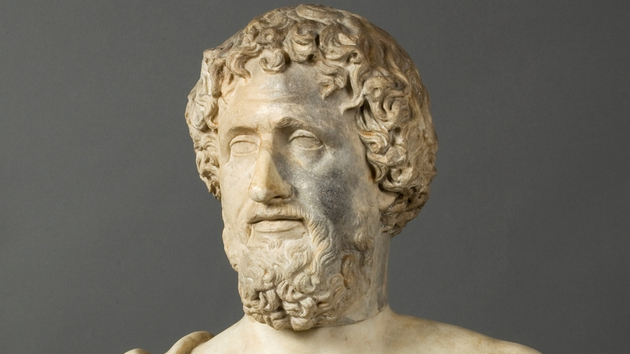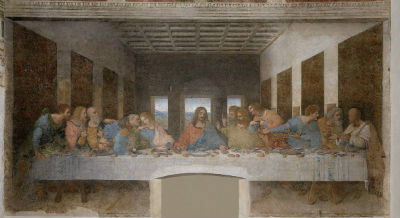Tomás Antônio Gonzaga was one of the important writers of the Arcadian movement in Brazil. He is the patron of Chair 37 of the Brazilian Academy of Letters (ABL).
In addition to being a poet, he was a political activist, lawyer, judge and participated in the Inconfidência Mineira, in Minas Gerais.
Biography

Tomás Antônio Gonzaga was born on August 11, 1744 in Miragaia, in the district of Porto, Portugal.
Son of a Portuguese mother (Tomásia Isabel Clark) and a Brazilian father (João Bernardo Gonzaga), Tomás lost his mother when he was still a baby. Therefore, he came to live in Recife with his father in 1751.
He studied at the Colégio de Jesuitas in Bahia. He returned to Portugal to study law at the University of Coimbra. He graduated in 1768, exercising his profession as a judge in the city of Beja, Alentejo.
Around 1782, he returned to Brazil and worked as a General Ombudsman in Minas Gerais, in the city of Vila Rica (now Ouro Preto).
It was there that he met his inspiring muse. He fell in love with Maria Doroteia Joaquina de Seixas Brandão, pastor Marília. Inspired by his own love story, he wrote his most important work:
Marília de Dirceu.He decides to ask for his beloved's hand in marriage. But he was involved in the Inconfidência Mineira and was accused of conspiracy, being arrested in Rio de Janeiro.
He remained incarcerated for about 3 years and his marriage was annulled. He was transferred to Africa to serve his sentence (exiled sentence). There he practiced as a lawyer and a customs judge.
In 1793, he married Juliana de Sousa Mascarenhas and with her he had two children: Ana Mascarenhas Gonzaga and Alexandre Mascarenhas
He died in Mozambique, Africa, in 1810, aged 66 years.
Understand the topic better. Read the articles:
- Mining Inconfidence
- Arcadianism in Brazil
- Arcadianism in Portugal
- Arcadian Features
- The Language of Arcadianism
Main Works
Tomás Antônio Gonzaga wrote several poems which stand out:
- Marília de Dirceu (1792): lyrical poem
- Chilean Letters (1863): satirical poem
Marília de Dirceu
Gonzaga's most emblematic work is “Marília de Dirceu”, a set of lyres published from 1792.
This work was based on the romance he had with the Brazilian Maria Doroteia. Note that it was common for Arcadian poets to write under pseudonyms. Gonzaga wrote under the pseudonym Dirceu.
We can see that his writing is loaded with lyricism, emotions and affection. The main characteristics of the work are romanticism, bucolicism, pastoralism and the description of nature, typical of Arcadian poetry. Thus, he declares himself to his idealized pastor: Marília. See an excerpt of the work below:
Lira I
I, Marília, I'm not some cowboy,
May he live by guarding other people's cattle;
Rough treatment, rude expressions,
From the cold ices, and from the suns burnt.
I have my own couple, and I watch it;
Give me wine, vegetable, fruit, oil;
From the white sheep I get the milk,
And more fine wool, which I dress.
Thanks, beautiful Marília,
Thanks to my Star!
I saw my face in a fountain,
From the years is still not cut:
The shepherds, who inhabit this mountain,
With such skill I play the accordion,
What envy even Alceste has me:
To the sound of her I play the heavenly voice;
I don't even sing lyrics that aren't mine,
Thanks, beautiful Marília,
Thanks to my Star!
But having so many gifts of happiness,
I only appreciate you, kind Pastor,
After your affection holds me,
What do you want from what I have to be a lady.
It's good, my Marília, it's good to be the owner
Of a herd, covering hill, and meadow;
However, kind Pastor, your pleasure
Worth more than a flock, and more than a throne.
Thanks, beautiful Marília,
Thanks to my Star!
Your eyes spread divine light,
To whom the sunlight dares in vain:
Poppy, or delicate and fine rose,
Cover your faces, which are the color of snow.
Your hair is a strand of gold;
Your beautiful body balms vapora.
Ah! No, Heaven didn't, kind Pastor,
For the glory of Love equals treasure.
Thanks, beautiful Marília,
Thanks to my Star!



